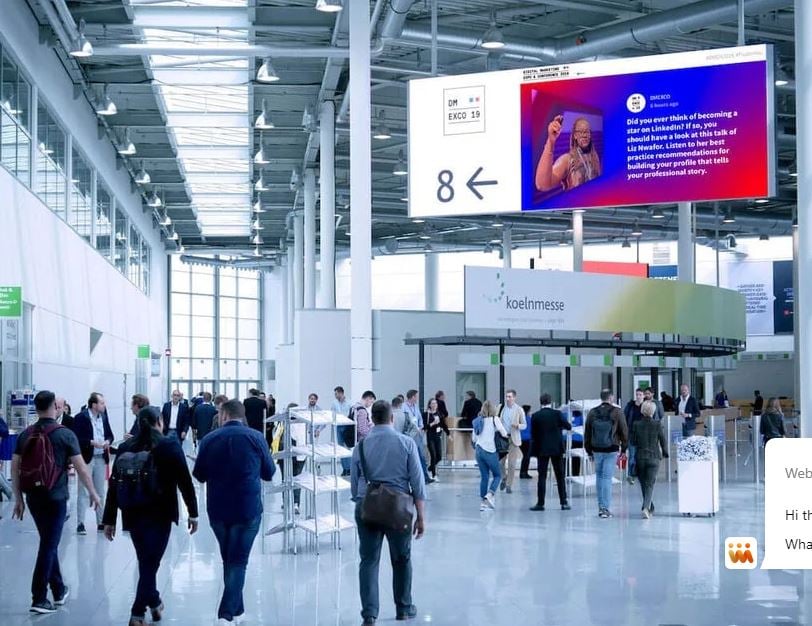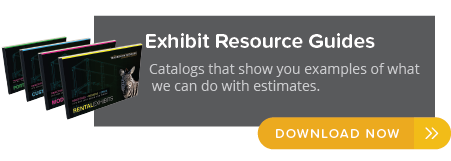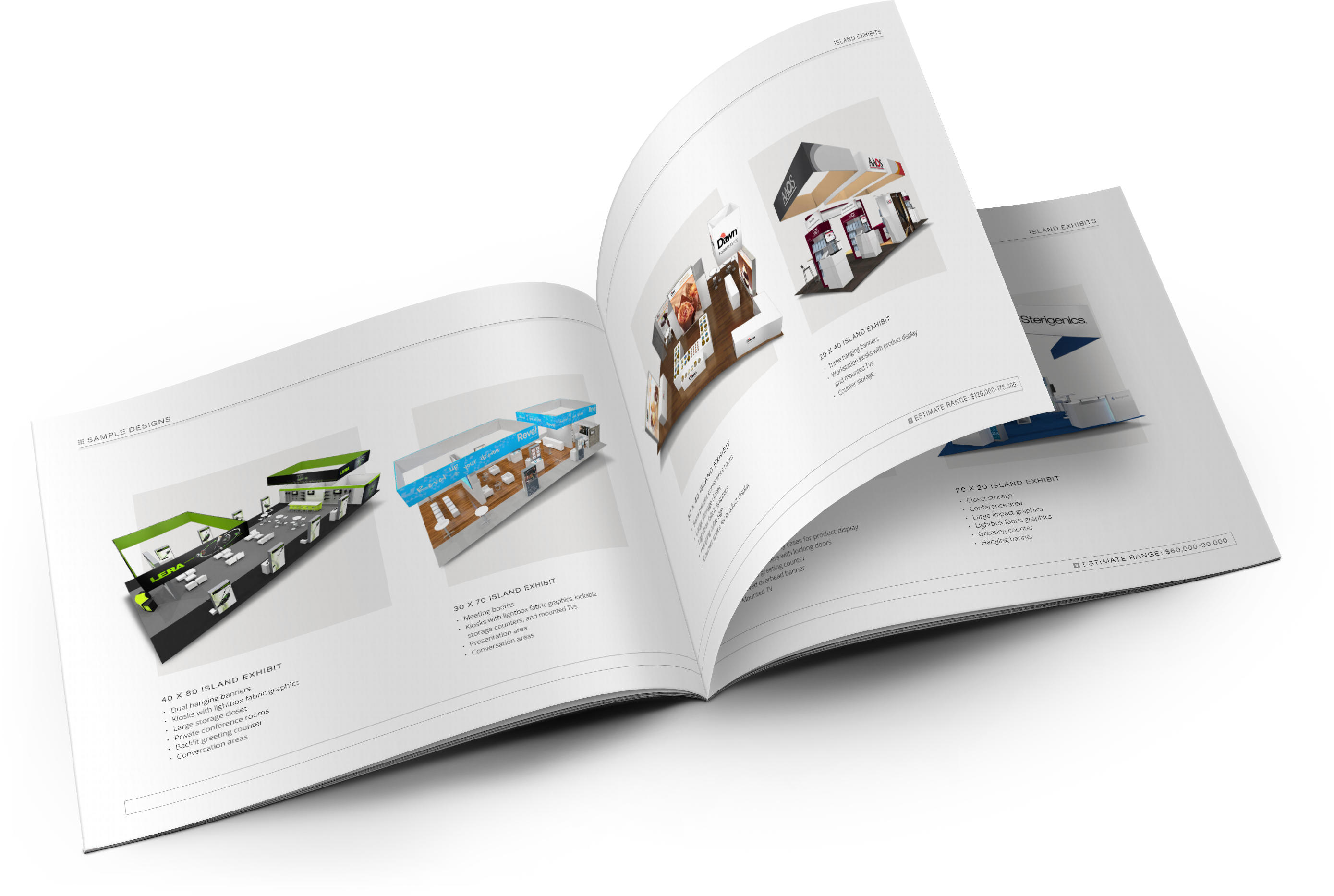Advertising has long been a strategy to sell products and services to the public, or at the very least, generate interest in them. But running ads and implementing tried and tested advertising strategies isn’t locked behind the gate of products and services—you can advertise pretty much anything, events included. In fact, advertising your event is necessary for a number of reasons, including helping you lock in sponsors and more attendees than you would if you didn’t. But which event advertising strategies are most effective? We have some valuable event advertising tips to ensure your next event is successful.
Advertising your event
Like most advertising, your event marketing tactics will help you:
- Increase brand awareness
- Drive ticket sales and conversions
- Help acquire event sponsors
- Maximize event attendance
- Create a connection between your brand and your target audience
But what are some of the best tactics you can use to help you achieve these goals?
18 tips for advertising your event

Event planners work hard to curate an exciting and engaging event experience. All of that hard work finally pays off when tickets go on sale. But to increase ticket sales, you need an effective event marketing plan.
Here are our top event promotion ideas to lock down your advertising game ahead of event day:
1. Use event discovery websites
Event planning is hard work. Make sure people can find your event by listing it on online calendars and event discovery services. However, using these tools often comes at a high cost, making them a high-risk, high-reward strategy to help event planners reach new audiences.
2. Offer early-bird discounts
The early bird gets… a discount on the ticket price of your event. Having something as luring as a discount as part of your advertising strategy can really help drive interest. Early-bird discounts are especially effective because they also give your audience a sense of urgency to purchase tickets.
3. Focus on your target audience
Your target audience is the most likely group of people to actually convert on a ticket sale. Narrow in on who your target is by creating buyer personas or leveraging past event data to find out who attends, and promoting your event to like-minded people.
4. Keep an eye on your budget
Like most other event-related items, advertising falls victim to a budget. It’s not necessarily a bad thing, though! Having a budget and holding yourself to it when it comes to event advertising may mean you ultimately end up producing less advertising collateral, but it also forces you to put some thought behind it and optimize your event advertising for the better.

Free event planning checklist
Create a comprehensive to-do list for your next event and easily complete tasks on time.
5. Practice email marketing

Email marketing is not archaic. In fact, it’s neck-and-neck with social media in terms of its marketing effectiveness. In some ways, it’s actually even more effective.
So if you’re looking for a steadfast way to advertise your event, cooking up a strong email marketing campaign isn’t a bad idea. Push event details, exciting news, the event agenda, and reminders to your contact lists’ inboxes to secure some conversions.
6. Use social media to your advantage

As of 2023, there are approximately 4.8 billion social media users worldwide, with that number expected to climb to nearly 6 billion by 2027, according to Broadband Search. Many of the most visited websites in the world are social media platforms. Promote your event online to take advantage of that massive audience.
7. Don’t forget about content marketing
We just mentioned social media, and while sometimes a simple tweet or Instagram post can suffice, it’s better put to use when you have quality content to share. Content marketing goes beyond social media, too, but it’s a great way to distribute it.
As part of your event advertising strategy, make sure to create:
- Video
- Blog posts
- Infographics
- Email content
8. Repurpose older content
Older content does not mean dead content. If you have a great blog post with relevant, event-related subject matter, consider recycling it in a new form. Perhaps it would make a great video or infographic. Before you know it, you’re multiplying your event content marketing material using pre-existing assets, making it much easier to scale.
9. Try paid advertising (Google Ads)
Google Ads is one of the most effective paid advertising methods available today because it allows users to focus on potential customers who are already searching for what you offer. Plus, it comes with the benefit of pay-per-click (PPC). This means that you’ll pay a fee each time someone interacts with your ad and not a lump sum payment. Paying for targeted visits to your event website has never been easier!
10. Try your hand at search engine optimization (SEO)

Remember when we mentioned content marketing? Pair that with on-page SEO, and you’ll be off to the event advertising races. On-page SEO involves optimizing your content around specific keywords and search terms so that your event page is more likely to pop up on Google when users are searching for those keywords.
Also, consider:
- Off-page SEO: This type of SEO refers to actions taken outside of your website that improve your rankings, such as backlinks and guest posting.
- Technical SEO: This refers to the backend, and technical aspects of a website, such as its speed, user experience (UX), and accessibility.
11. Retarget ads to lost leads
Ad retargeting is a strategy wherein certain collateral, like banner ads, can be retargeted to individuals who have already interacted with your brand. For example, if someone has visited your event website, even just one time, a banner ad promoting your event can be served to them while they browse the internet.
Retargeted ads act as a reminder and are 76% more likely to be clicked on than a regular display ad.
12. Design an event website

Event websites can help you advertise, especially when expert technical SEO is at play. But an event website is capable of a lot more.
It’s where prospective attendees go to learn more about the event, so it should be inclusive of all essential information, in addition to having a strong call to action and an embedded registration function.
13. Recruit a social media influencer
Remember when we talked about budget? Well, make sure you save some of it for influencer marketing. Influencers have their fingers on the pulse of current trends and know how to connect with their audiences on an expert level, so take advantage of that when advertising your event.
70% of consumers say that they’re more likely to purchase a product from a brand if they collaborate with an influencer they know and trust.
14. Use traditional marketing tactics

Traditional marketing strategies have stuck around for a reason. Pretty much anything that’s offline and would be considered advertising falls under the traditional marketing umbrella. Think print ads in newspapers and magazines, billboards, mail, TV, and radio.
Marketing tactics like radio, TV, and even bus signage prove especially effective when used as part of a local event promotion strategy. Get your event advertising on the local radio and TV stations where it’s actually taking place. And if it’s fully virtual, don’t immediately discredit this approach—traditional forms of marketing can still be effective.
As Federated Media puts it, “Radio spots often serve as a “gateway” for consumers to begin an online search for a particular product, service, or company. These searches often lead consumers to landing pages through organic SEO or pay-per-click ads (SEM).”
15. Create an event hashtag
Every major social media platform has a hashtag feature integrated into its digital content identification toolkit.
By coming up with an event-specific hashtag, you can effectively organize all event content underneath it, making it easier for prospective attendees to find and interact with. Plus, you make yourself more discoverable, too.
For example, on Twitter, tweets with even just one hashtag are 55% more likely to be retweeted than those without. So, create a hashtag for your event, or, leverage popular (and relevant) hashtags at the time you’re rolling out your event advertising to open yourself up to even more engagement opportunities.
16. Host a social media challenge
Challenges and contests are an effective way to garner interest. In fact, over 34% of new customers are acquired through contests. While this specific statistic is referring to consumers of products, it still shows this method’s validity. Why not try it out to drum up curiosity about your event which can lead to more ticket sales?
There are a lot of contest formats you could deploy, but perhaps the most exciting for your audience is a giveaway. Encourage your followers to like and share event-related content for a chance to win free tickets!
17. Obtain earned media with viral marketing
Earned media is essentially any form of publicity that was not paid for by you. A great example of this today going viral on social media. To have the best chance of obtaining this type of earned media, your event advertising should be original, creative, and awe-inspiring. Alternatively, you can take advantage of opportune trends, social activity, and news by interacting with trending topics.
18. Activate your audience through user-generated content

User-generated content (UGC) is seen by consumers as the most authentic form of marketing. 72% of brands believe UGC helps them better engage with customers and build trust. But what classifies as UGC? Well, anything that’s created by the consumer, such as:
- Images
- Testimonials
- Social media posts
- Reviews
If you’ve held events in the past, reach out to attendees and ask them to share a positive experience they had. Leverage their responses in your event advertising collateral and across social media to entice more people!
What does event promotion look like?
If you decide to take one of these event promotion ideas and run with it, you’ll be well on your way to hitting these event advertising must-haves:
- It’s intriguing. Event advertising needs to be engaging. If you’re asking someone to purchase a ticket and potentially travel, advertising tactics should give them an idea of what they can expect at the event.
- It’s optimized. Especially when advertising online, well-optimized content is a must. A solid SEO strategy paired with engaging event advertising will help attract more attention, period.
- It has a good user experience. When potential attendees are interacting with your event website—which is where most of these ad ideas will lead them—it has to be intuitive. In order to retain attention, your event website needs to have an exceptional user experience to reduce headaches and increase the chance of a conversion.
- It creates buzz. As most great ads do, your event advertising collateral should try to create some buzz to drum up more excitement and anticipation for your event.
- It’s ubiquitous. Your event ads should be prevalent and far-reaching in order to have the largest impact.
Optimize marketing with an event management platform

Augment your event advertising and marketing efforts by using an event management platform with end-to-end management capabilities.
When your advertising is effective (and we know it will be!), be ready for that influx of registrations and ticket sales with integrated capabilities, including fully branded registration pages and flexible ticketing.
Learn more about Webex Events’ event management platform, and when you’re ready to make the most of your upcoming event, request a demo.






